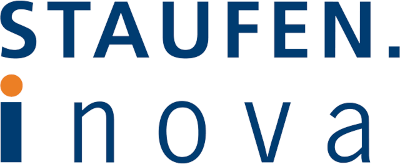
Marcelo Nery
President, ThyssenKrupp Brazil
After years of recession, Brazil’s economy is recovering slowly. What impact does this have on the modernization and digitization of companies?
The impact is huge. Modernization and digitization require investments and most of them have been frozen, waiting for a more favorable economic scenario. The investments we made were only based on maintaining the existing industrial park. On the other hand, the recession created opportunities to review existing processes and seek productivity to offset the low market demands, keeping up the same margins compared with pre-recession period.
How do you make sure your company meets demands of the future?
Investing and updating available human resources, as well as extensive use of value creation tools, and recognizing the needs of our customers by strongly focusing on the E2E processes in order to eliminate waste.
Agility is the buzzword in the global economy but is often interpreted in very different ways. Is there also a Brazilian version of agility?
I do not know if there is a Brazilian version, but Brazil certainly needs to change gears more so than other countries if we want to ensure a better future for our society. I think Brazil has realized this and is acting to address it. This is a good sign, as it is not simply waiting around for changes to take place.

Martin Benoliel
Managing Director, Endress+Hauser Sicestherm S.r.l.
Where do you rate your own company in terms of digital transformation? Would you consider your company a smart factory?
Many products have built in capabilities for communicating with different levels of the control system.
Our company utilizes several applications based on traditional automation and some use more extensive communication features for in-house equipment, as well as for external units and suppliers. However, when considering the manufacturing processes, I would not call our factory a smart factory due to the level of intelligence involved in such interactions.
Agility is the buzzword in the global economy but is often interpreted in very different ways. Is there also an Italian version of agilità?
Agility, meaning the capability for understanding, designing and manufacturing providing customized specific solutions, is a key feature through which Italian companies face competition from low-cost countries or larger players on the market. This ability of Italian enterprises is the most important and recognized when it comes to a specific meaning of Agility.
Italy has an enormous national debt. How does this impact the modernization and digitization of the Italian economy? Do infrastructure and research suffer because of this?
In recent years, significant tax deductions have incentivized and directed investing in assets with digital and connectivity capabilities. However, the financial resources utilized to sustain the public system and more precisely to finance the debt are drained from investments in infrastructure and modernization. This has and will even more so in the future affect the competitiveness of the Italian industrial environment.

Keszte Róbert
General Manager and Plant Manager, Continental Automotive Hungary Kft.
Thirty years ago, the Iron Curtain fell. How is Hungary’s economy today?
Hungary’s economy is doing well. We have experienced strong GDP growth for several years now, and the forecast is also positive. However, I see the economy’s heavy dependency on the automotive sector and the inflow of European funds as a risk.
What importance does Lean Management have in Hungary’s economy as a whole? And in particular in your company?
Improving efficiency is the best formula for increasing Hungary’s competitiveness. Many managers see greater automation and more IoT solutions as the answer, but these may be the second step.
First, we need simplified, waste-free processes, then we can incorporate more automation. In our company, we believe that Lean basics and Industry 4.0 go hand in hand.
Agility is the buzzword in the global economy but is often interpreted in very different ways. Is there also a Hungarian version of the word agility?
Yes, it is called “alkalmazkodó képesség” – a simple word.

CEO, Büchi Labortechnik AG
The shock to the Swiss franc seems to have been processed, and the economy is booming. Have Swiss companies really done their homework? Or could the next economic downturn be a rude awakening times two?
The financial crisis and the subsequent deepening of the Swiss franc from the euro have been major obstacles for Swiss companies. This has inevitably led to increased innovation activity and heightened efficiency. Of course, a global economic slump would hit the heavily export-oriented Swiss economy, but it would probably be better equipped than other countries.
Switzerland is the most financially attractive country in the world for foreign professionals. Nevertheless, there is a lack of skilled workers in Switzerland. What is your company doing about it?
The shortage of skilled workers is indeed the biggest challenge. It inhibits development and growth, especially for medium-sized companies in peripheral regions. Developing and training employees in-house is therefore essential.
Switzerland is traditionally a grassroots democratic country – keyword referendums. What does employee participation look like in companies? Does this tradition affect leadership?
Traditional “top-down” structures have long been obsolete. In order to meet future challenges, we need empowerment, decision-making competence, and a corresponding sense of responsibility at all levels. In Switzerland, employees explicitly demand this. And that’s a good thing.

Professor, Vice Dean for Research, Shanghai Jiao Tong University
China is not only a large sales market for Germany, but thanks to its focus on innovation, it is an ideal location to develop products for the global market in partnership with foreign companies. Mr. Wang, what do think are the advantages of German and Chinese companies working more closely together?
China needs to increase the production quality of its industries. And this is a historic opportunity for the German economy to cooperate with China. Germany is known for the high quality of its industrial production and China for the speed of its development.

General Manager of New Projects & Advance Manufacturing Engineering, Mabe Mexico, S. de R.L. de C.V.
What are the biggest challenges currently in your company?
The main challenges we are facing are the continuous improvement in customer service, as well as raising the quality of our final products and in parallel increasing the efficiency of our value chain.
These challenges can be met by a suitable training system for our staff, as well as the development of key initiatives in the company that contribute to the consolidation of the strategy that we have as a company.
How do you manage these challenges?
To meet these challenges, we have developed the Mabe strategy in the “digital age”. This strategy allows us to increase our competitiveness using tools and systems that were developed based on digital technologies.
We aim at integrating this new era into our current “ways and methods” of doing business, in order to improve them by means of a suitable automation and connectivity strategy across our value chain. From the development of connected products through an automation and connectivity process in our industrial operations, to having our products installed in our customers’ homes and ending with a world-class experience of service and using the products.
What role do the leaders play in your company?
The role of an organization’s top management is vital. Having a clear strategy and direction to follow allows us to carry out the necessary plans and tactics to achieve set objectives and do this with great efficiency. Specifically, in the case of Mabe’s industrial area, we have created a very complex and at the same time highly effective work scheme that is consistent with the vision of our VP Manuel Martinez. Being clear about the roles and responsibilities of the indicators set out in our factories, at all levels of the organization, contributes to the initiatives of the “digital age.” The way they complement and support each other; Manuel’s support to the entire management and the follow-up is key to its success.



